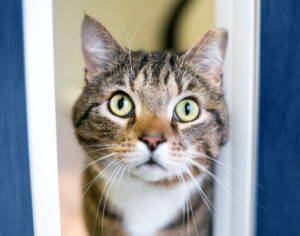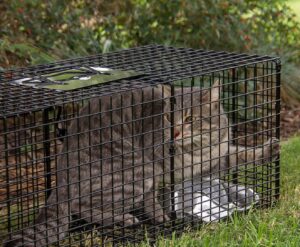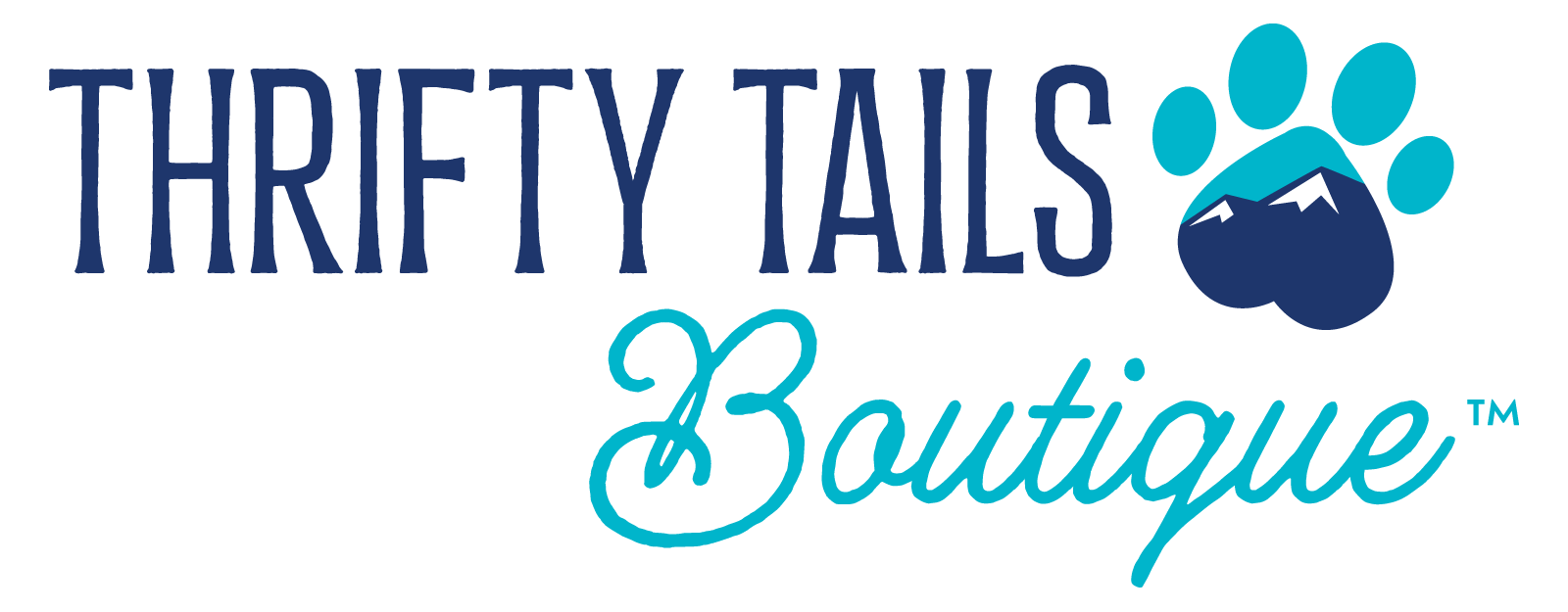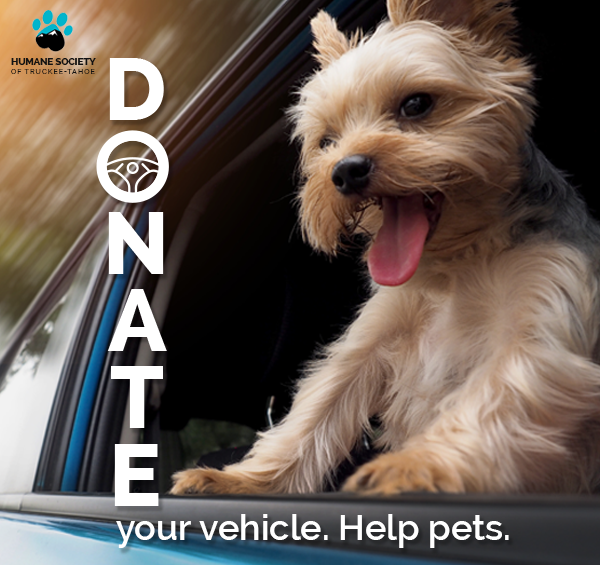HSTT’s Community Cat Program: Trap-Neuter-Return (TNR)
Community Cat Programs (CCPs) provide humane veterinary services that improve the lives of cats living outdoors in our region’s neighborhoods and support their compassionate caretakers. An estimated 3-4 million community cats live in California, and CCPs are the only effective and humane solution to manage population, reduce unnecessary suffering, and to reduce undesirable behaviors associated with unsterilized, unowned cats.
Please call 530-582-2463 for more information on what to do when you find a kitten outdoors.
TNR policies

The Humane Society of Truckee-Tahoe (HSTT) will provide all of the guidance you need to become a successful community cat caregiver.
Community cat caregivers support the welfare of outdoor cats, and help save lives by reducing the number of cats entering the shelter system.
To participate, you must agree to follow the required guidelines, designed to minimize stress, illness and risk for feral and community cats.
Please review the TNR participation guidelines thoroughly, submit your application, and our team will follow-up with next steps.
- Cats and kittens participating in this service will be returned to their outdoor habitat.
- TNR cats/kittens are not candidates for HSTT’s foster or adoption programs.
-
Do NOT attempt to catch or transfer cats by hand, with a net, or any method other than a feral cat trap.
-
Attempting to catch cats without a feral cat trap places cats at a higher risk of injury, under extreme and unnecessary stress, and places you at risk of bites, scratches, and other injuries.
-
Cat bites – particularly by a stray or feral cat- carry a high risk of infection and can be dangerous. Rabies laws in California require investigation, quarantine & veterinary follow-up. Therefore, bites MUST be prevented at all times, by adhering to protocols in place.
- If you are unsure how to use a live trap, HSTT will provide all of the information and equipment necessary for success.
- Harder-to-trap cats will require patience and consistent methods.
- Please contact Kara from HSTT at 530-582-2463 or [email protected] for tips and tricks on trapping weary cats.
- To utilize TNR services, you must agree to abide by the safety protocols carefully and completely.
Trapping Community Cats

- You MUST have a confirmed appointment BEFORE you set trap(s) .
- Cats MUST be in an approved transfer cage or cat trap in order to be seen. There are no exceptions to this safety policy!
-
Ideally, cats should be trapped the afternoon/evening before their surgery appointment, safely moved to an approved transfer cage (not a pet carrier) while covered completely with a sheet or towel, and placed in a temperature controlled environment on absorbent pads (newspaper or puppy pads) to maintain sanitary conditions. A tarp beneath pads will protect flooring from odors and other damage.
- If unable to move to approved transfer cage, cover the trap completely, move to temperature-controlled environment, and place trap on top of absorbent pads.
- Cats over four months old should have food withdrawn at midnight the night before surgery. This ensures that the stomach is empty by the time he’s put under general anesthesia. This lessens the chances that the cat vomits and aspirates into his lungs.
- Pediatric animals (4 months or younger) should have food available until 6:00AM on the morning of surgery. This helps to avoid decreased blood sugar level.
- Kittens must weigh at least 2 pounds and be at least 8 weeks old. Younger or lighter animals will be declined for surgery, for their safety.
- Prioritization is given to kittens/cats of breeding age (4 months and older) when spots are limited.
- Water should not be withdrawn prior to surgery.
- Do not attempt to move or care for cats without proper equipment. For extensive information on how to safely provide food, water, and humane care for cats in traps please visit www.neighborhoodcats.org
- Cats must be transported safely to and from their appointments, inside a vehicle.
- Place tarps and blankets over your backseat to protect your vehicle from damage, urine, etc.
- Never transport trapped cats in the open bed of a pickup truck, or any other unsecured, non-temperature controlled environment.
- Cats will undergo a spay/neuter operation which requires the use of anesthesia. Additionally, pain medication, Rabies & FVRCP vaccinations will be administered (age permitting), and ear-tipping will be performed. Because cats are ear-tipped while they’re under anesthesia, everything is safe, clean, and painless. The ear heals quickly and no further attention is needed. This method is the humane alternative to repeat-trapping, transporting and anesthetizing feral and community cats, which over time can trigger illness, injury and even death. It also preserves resources provided by humane organizations, community members, and medical personnel who provide TNR services.
- Every procedure is included and required in order to receive TNR services through HSTT.
How to Participate
- Fill out and submit an online application. An application must be completed by the community cat caretaker.
- Participants who will be seen at the Truckee Animal Shelter must have an appointment before attempting to trap any cats.
- Appointments will be held when cats are comfortably eating out of un-set live traps, to ensure that the limited surgery spots are fulfilled.
- Participants who receive a free voucher are responsible for making appointment arrangements in accordance with the Veterinary Hospital accepting TNR patient(s).





